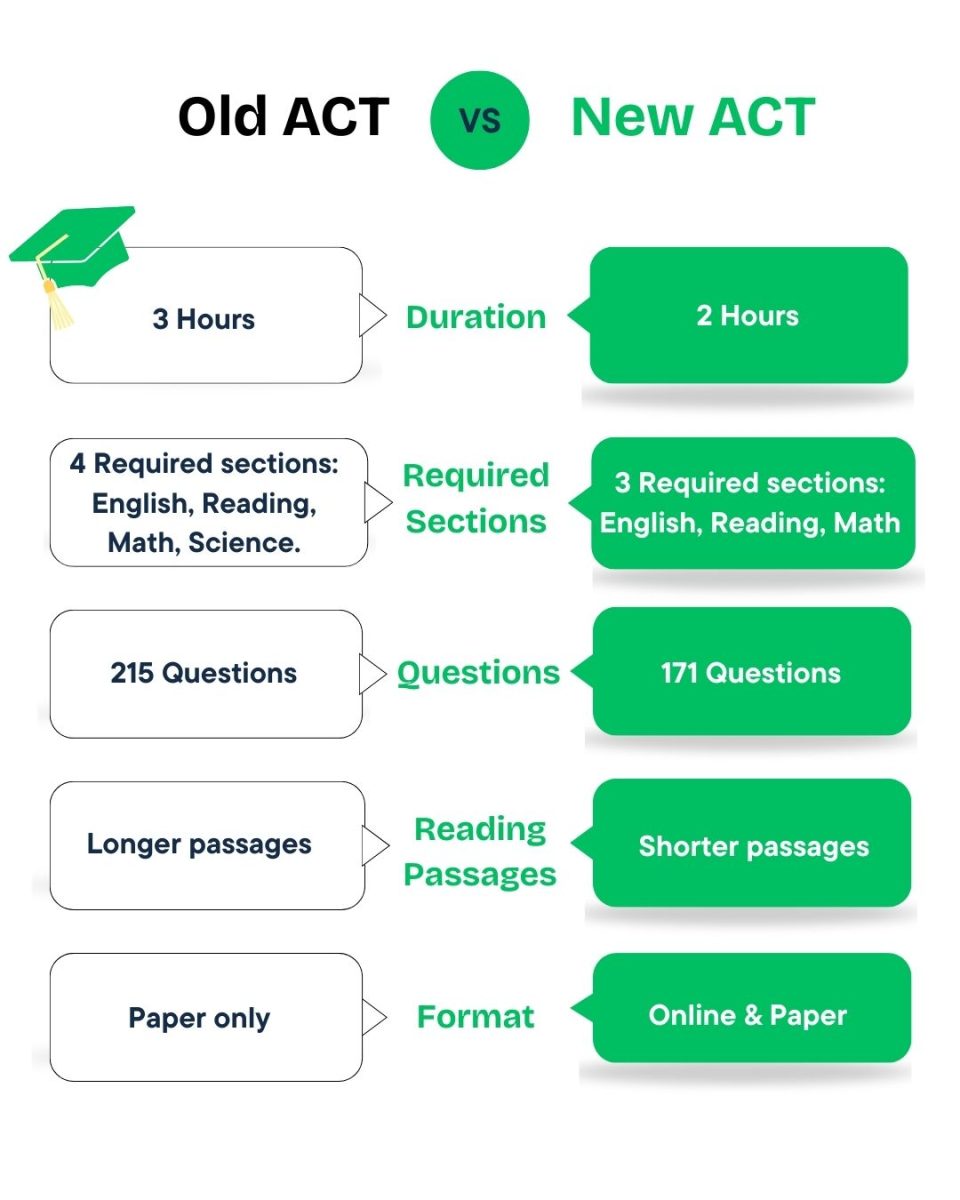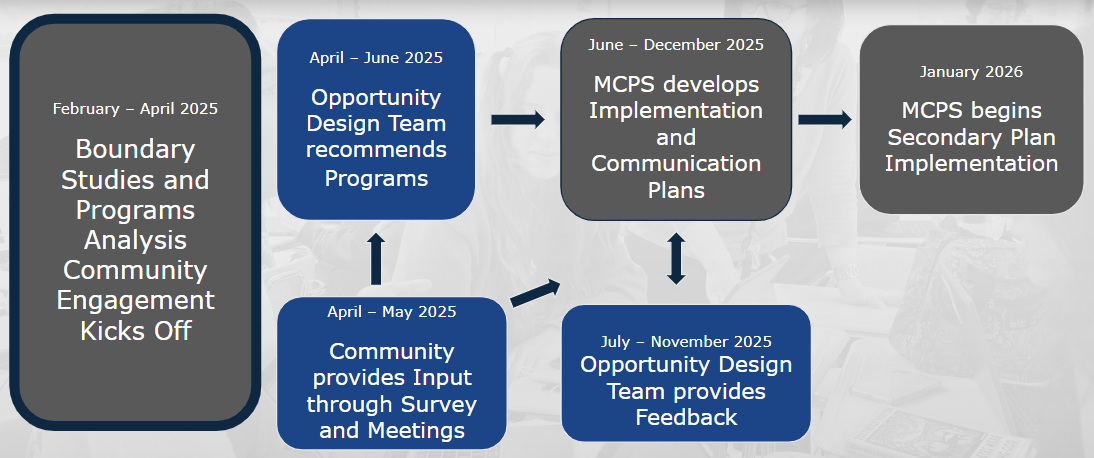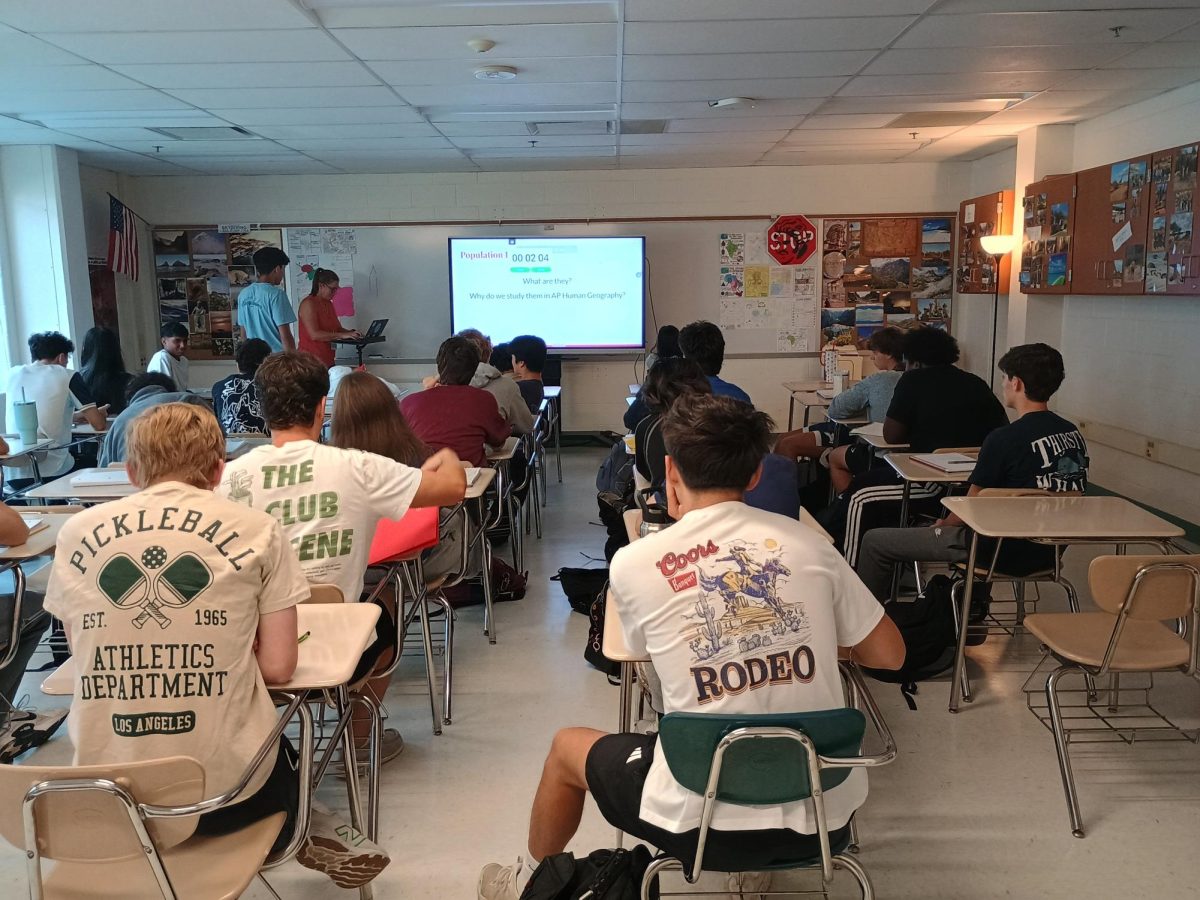Last month, the ACT changed the format of the test. This new “Enhanced” ACT will have an optional science section, and every section will be reduced, making the overall test nearly an hour shorter.
Especially after the COVID-19 pandemic, students are struggling more than ever to keep up with the timing and volume of content in the test. Although the ACT hasn’t acknowledged this as part of why they’re changing the exam.
The ACT last changed its design in 2005, when an optional writing portion was added to give students an extra opportunity to showcase their writing and analytical skills to colleges. Now, one of the most common complaints about the ACT is how fast-paced it is.
“Having more time lets you be more careful with the questions and not having to rush through it as much,” senior Leam Lyons said.
According to the ACT website, the content tested will remain the same, but these changes are designed to give students a calmer, less stressful testing experience. However, these modifications coincide with a larger issue for teenagers in America. The reading and math scores from the National Assessment of Education Progress (NAEP) released recently were shockingly low. The results were the worst recorded since the assessment began in 1992. Some credit social media with the decline.
“Lets say I’m taking notes and I hear my phone buzzing,” junior Ila Rasouli said. “I want to go check what the notification is and then I’m on Instagram for 10 minutes before I go back to studying.”
The ACT tests skills such as key math concepts and maintaining focus, which are important for success in college and in future careers. However, 45% of the 19,300 seniors tested scored below the NAEP’s “basic” level in math.
“I don’t think it was super difficult content-wise, but pacing yourself [so you] have enough focus and energy is really important,” junior Liza Bogdanovskaya said.
Competition between the ACT and SAT could also explain why the format is being changed. The ACT revisions were only announced after the SAT moved to shorten its testing time and begin testing online. The SAT is preferred by most teenagers in Maryland, with only 6% of Maryland’s 2024 graduating class having taken the ACT.
The number of students taking the test at all has also declined since many colleges, like the University of Maryland (UMD), have made submitting scores optional. An easier exam means high schoolers are more likely to attempt it and pay for practice materials and courses.
“For some people that test well, they might not appreciate it,” senior Gaia Arri said. “Others that maybe don’t test as well, they might benefit from it more.”
These changes will be helpful for students struggling to focus for long periods of time. Time will tell if this will have the positive impact that the ACT hopes it will.









